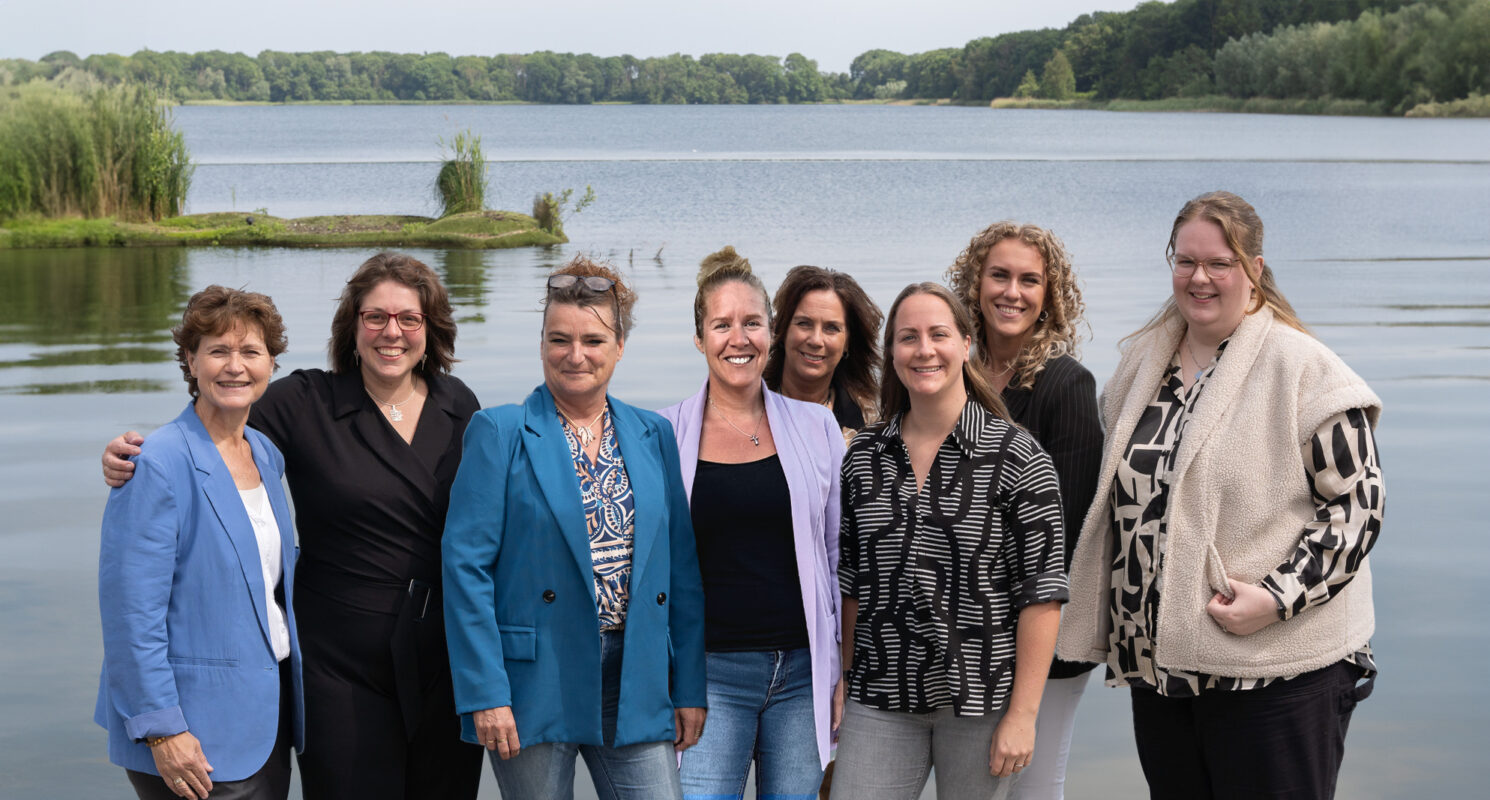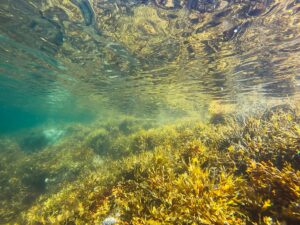You can reach World Water Academy by telephone: +31 030 606 94 00 or e-mail: info@worldwateracademy.nl.
Aquatic Ecology
Learning targets
It is quite a challenge to meet the objectives of the Dutch Water Framework Directive (KRW). According to this directive, Dutch water must be clean and ecologically healthy by 2027. However, experts predict that due to the effects of climate change, the standards for ecological status may not be met everywhere. Only through collaboration with nature, agriculture, and spatial planning can solutions be found. But how do you approach such an integrated method?
In the Aquatic Ecology course, you will learn how to analyze and assess aquatic ecosystems and formulate successful measures for improvement. Using physical, chemical, and biological data, you will analyze the current situation. Then, you will use this information to propose integrated solutions that pave the way for better water quality. The course covers in detail how to perform ecological assessments using Ecological Key Factors and KRW water typologies.
Are you responsible for policy, working on projects, and looking to deepen your understanding of water systems and water quality? Then the Aquatic Ecology course is for you.
The following topics will be covered:
- water management
- structure of aquatic ecosystems
- nutrients, material, and energy flows
- analyzing biological, chemical, and physical data
- assessing water quality and monitoring
- Water Framework Directive, target images, Ecological Key Factors
- ecological assessment and analysis of different water types
- dealing with pollutants and invasive species
- biodiversity
- effects of climate change
- maintenance practices
- integrated solutions and measures
After completing this course, you will have the following knowledge & skills:
- structure and processes of various water systems
- interpreting and analyzing data
- integrated approaches for restoring water systems
- understanding the interests and stakeholders
- practical tools to help achieve the KRW goals
Program
Module 1: Structure and Analysis of the Water System
Before implementing measures, you need to thoroughly understand your system. You will learn everything about structures, organisms, and processes.
Topics:
- introduction to aquatic ecosystems
- KRW methodology
- water balance, nutrient balance
- rainfall-runoff process
- relationship between groundwater and surface water
- material and energy flows
- types of organisms, population dynamics, indicators
- monitoring, models, assessment
- data analysis
- relationship between physical, chemical, and biological factors
- various calculation exercises
Module 2: Assessment of the Water System and Measures
Now that you understand the water system, you will tackle the issues of different water types. What systems, bottlenecks, and opportunities exist? And what solutions and measures are appropriate?
Topics:
- shallow freshwater lakes
- ditches, urban waters, and canals
- flowing waters: streams and rivers
- water pollution and ecotoxicology
- climate change, stress, drought
- biodiversity and invasive species
- management of aquatic and riparian vegetation
Personal input
At World Water Academy, everything revolves around both knowledge and practice. Therefore, we expect each participant to bring their own work experiences to the course. What challenges are you facing? And what experiences can you share so that others can learn from them?
Target group
The Aquatic Ecology course is intended for anyone involved in the restoration of water systems and the Water Framework Directive, with the goal of achieving ecologically healthy water.
Learning Together
Our group-based approach creates an enthusiastic learning environment where you can have valuable discussions about the content and your work situation.
Entry Level
You should have an educational background at the HBO or university (WO) level. Additionally, we expect you to have a basic knowledge of Excel. If you do not fully meet this requirement, the coordinator will contact you after registration to discuss what is needed to successfully complete the course.
Special Notes
For this course, you will need your own laptop with Excel installed. For the calculation exercises in Module 1, we will use spreadsheets.
Feel free to ask us about our products and courses

